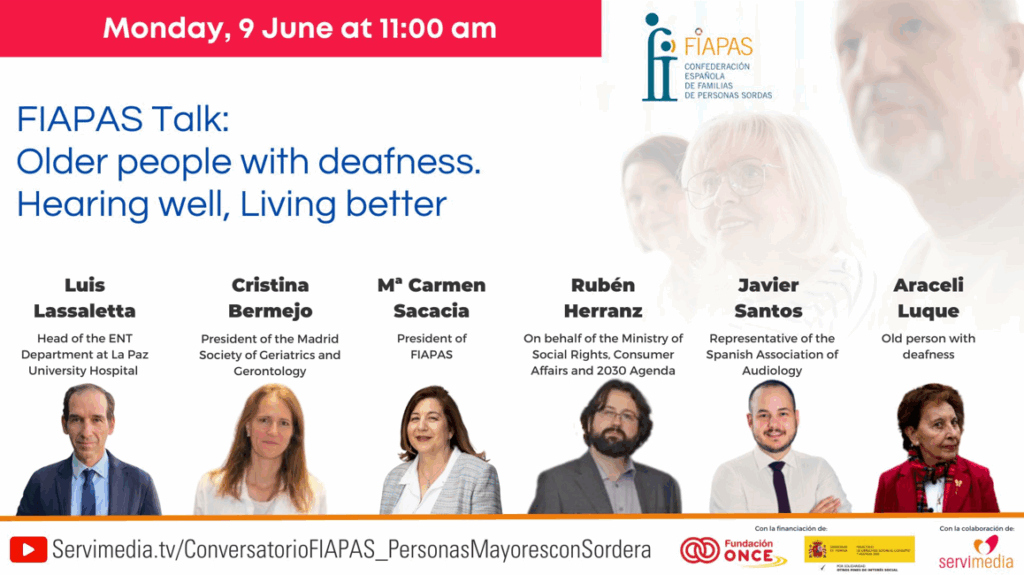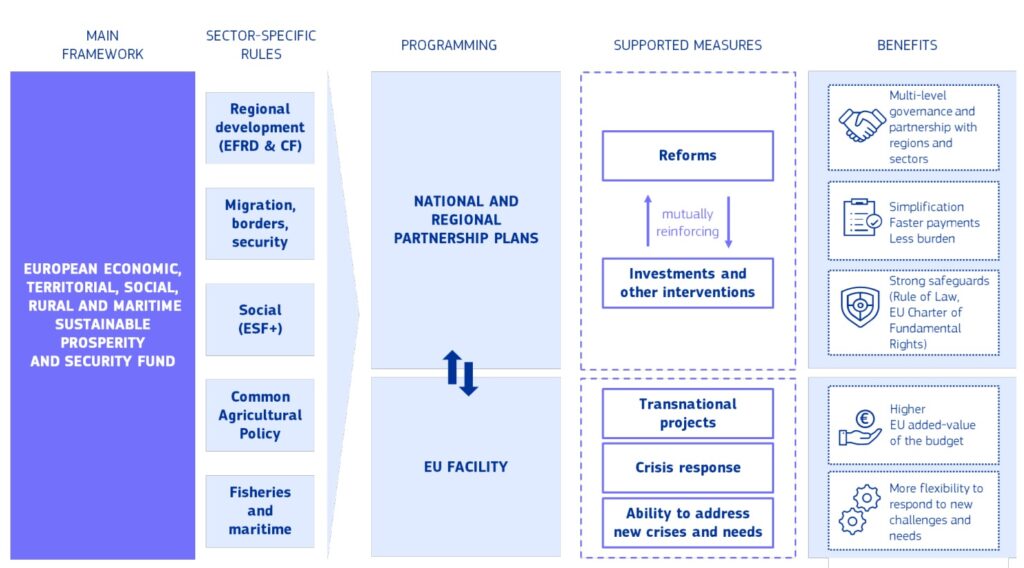This brochure has been developed by COFACE member FIAPAS (Spanish Confederation of Families of Deaf People) in collaboration with the Commission for the Early Detection of Hearing Loss (CODEPEH).
The document tackles postnatal hearing loss as a hearing disorder detected after birth, although the time of onset may be unknown. There are three different types: progressive, late-onset or acquired.
In addition to these, there are those attributed to a lack of sensitivity of the technology used, or to a lack of compliance or adherence to the protocols established for hearing loss detection
- Progressive and late-onset hearing loss: Progressive hearing loss is already present at birth and goes unnoticed as detection is not possible because of limitations in the technology used for screening. The explanation for this is that mild or restricted hearing losses at certain auditory spectrum frequencies may not be detectable until months or years later when they progress and become recognisable, both symptomatically and in hearing tests. Late-onset hearing loss, on the other hand, passes newborn screening because it is not present at the time when this is performed. Therefore, at birth, hearing is normal. However, the aetiology that determines its occurrence already exists at birth in a latent form that will develop into hearing loss in the future. Both forms can be caused by genetic or infectious causes, or by inner ear malformations.
- Acquired hearing loss: Acquired hearing loss occurs from supervening causes, which were not present at birth and lead to hearing loss.





